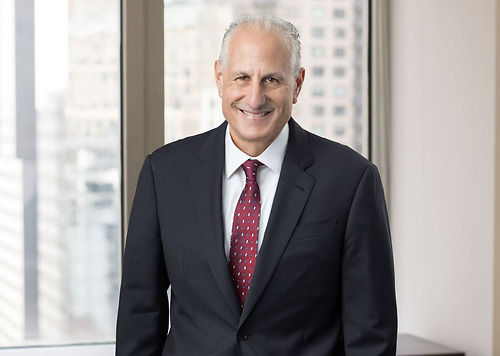On October 5, 2009 the Federal Trade Commission announced that it has approved final revisions to the guidance it gives to advertisers on how to keep their endorsement and testimonial ads in line with the FTC Act. The notice incorporates several changes to the FTC's Guides Concerning the Use of Endorsements and Testimonials in Advertising, which address endorsements by consumers, experts, organizations, and celebrities, as well as the disclosure of important connections between advertisers and endorsers. The guides adopt many of the changes proposed by the FTC in November 2008.
There are several important changes under the revised guides:
Advertisements - "Results Not Typical" No Longer A Safe Harbor
Advertisements that feature a consumer and convey his or her experience with a product or service as typical when that is not the case will be required to clearly disclose the results that consumers can generally expect. The prior version of the Guides allowed advertisers to describe unusual results in a testimonial as long as they included a disclaimer such as "results not typical" is not contained in the revised Guides.
Bloggers - Material Connection Must be Disclosures
The revised Guides also add new examples to illustrate the long standing principle that "material connections" (sometimes payments or free products) between advertisers and endorsers must be disclosed. This is connections that consumers would not expect. These examples address what constitutes an endorsement when the message is conveyed by non-traditional advertisers such as bloggers or other "word-of-mouth" marketers. The revised Guides specify that while decisions will be reached on a case-by-case basis, the post of a blogger who receives cash or in-kind payment to review a product is considered an endorsement. Thus, bloggers who make an endorsement must disclose the material connections they share with the seller of the product or service. Likewise, if a company refers in an advertisement to the findings of a research organization that conducted research sponsored by the company, the advertisement must disclose the connection between the advertiser and the research organization. And a paid endorsement that makes false or misleading claim is deceptive.
Celebrity Endorsers - May be Liable
Celebrity endorsers also are addressed in the revised Guides. While the prior guides did not explicitly state that endorsers
as well as advertisers could be liable under the FTC Act for statements they make in an endorsement, the revised Guides reflect Commission case law and clearly state that both advertisers and endorsers may be liable for false or unsubstantiated claims made in an endorsement - or for failure to disclose material connections between the advertiser and endorsers. The revised Guides also make it clear that celebrities have a duty to disclose their relationships with advertisers when making endorsements outside the context of traditional ads, such as on talk shows or in social media.
This is an initial article on what portends to be a dramatic change in advertising standards. It will be elaborated on with more details, but we wanted to alert our readers to this development.
To learn more about our Advertising Law practice, click here.
- Partner
Marketers, advertisers, agencies and suppliers, among others, regularly seek Andy’s counsel regarding legal aspects of their advertising and promotional marketing businesses. He’s pragmatic and always looks for ...

